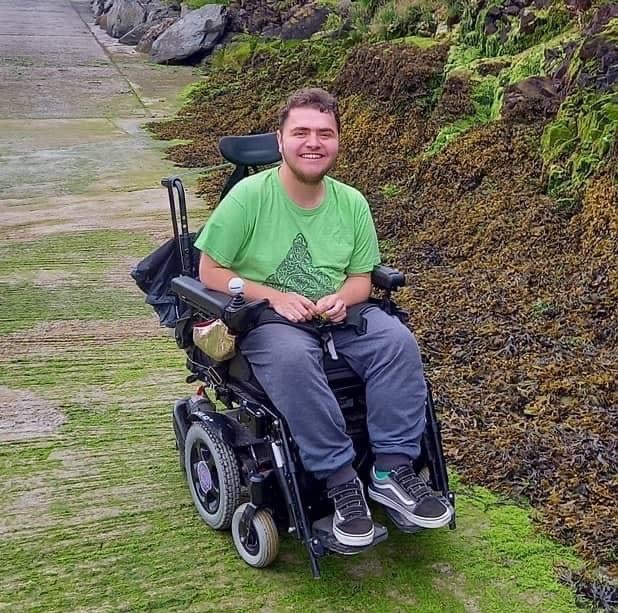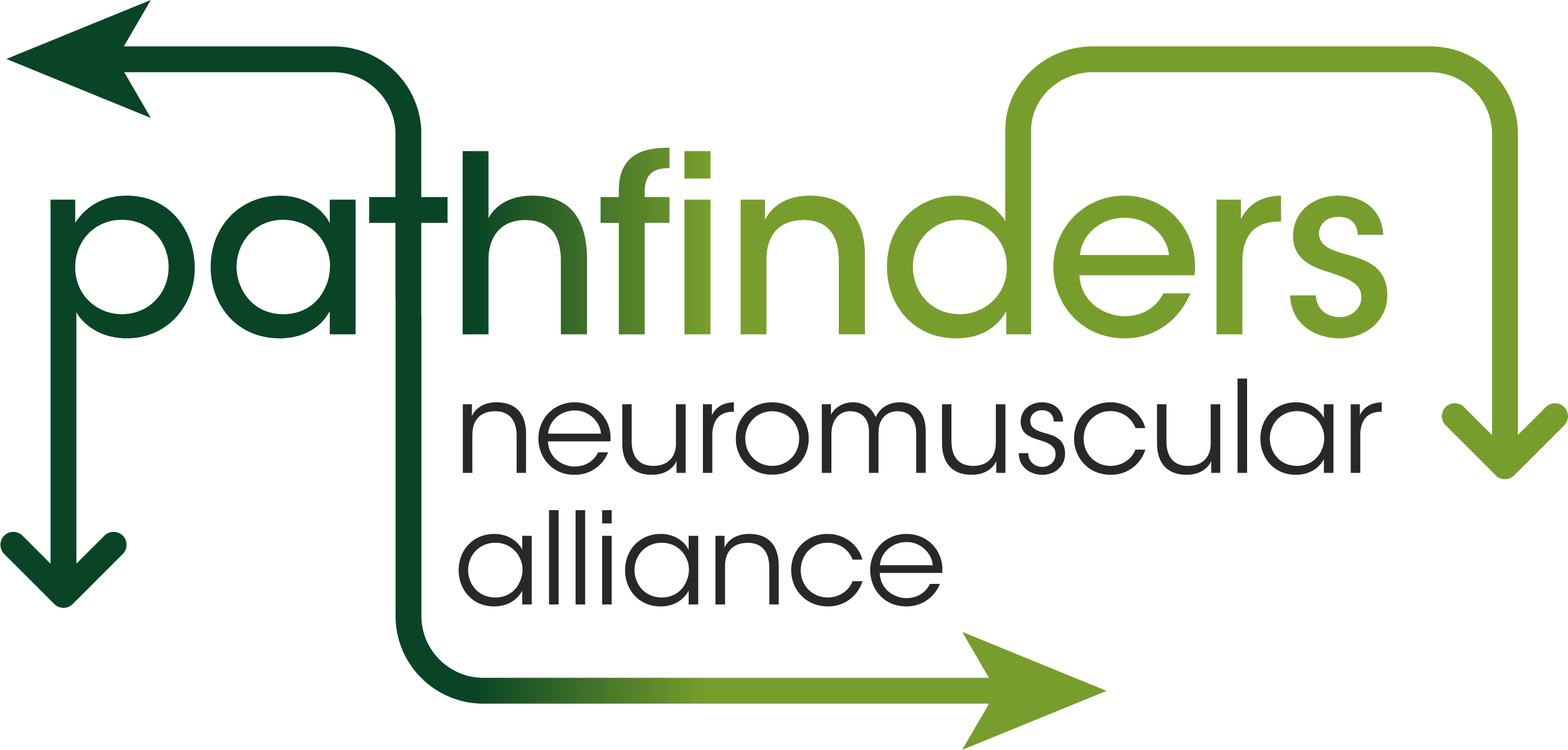At Pathfinders Neuromuscular Alliance, we are excited to offer user-led training for Personal Assistants (PAs) and carers working with individuals who have muscle-weakening conditions and other high support needs. Whether you’re an experienced PA or just starting your journey, this training is designed to empower you with the tools and insights to provide exceptional support while respecting the personal boundaries, privacy, and relationships of those you care for.
For employers, this training is a valuable opportunity to share with your PAs to ensure they fully understand your unique needs and preferences in ways that foster a deeper, more respectful working relationship.

Unfortunately, our live delivery of the new PA modules has now come to an end. However, you can still access the videos below:
PA 1: There’s Someone in My House – https://youtu.be/fZSs5UDKkQ4?feature=shared
This module dives into the experience of living with PA support. It helps PAs step into the shoes of their employer, gaining a greater understanding of the reliance on PAs and how to better facilitate their employer’s independence and daily life. By understanding this dynamic, PAs can create a more respectful and supportive environment at home.
PA 2: Doing It My Way – https://youtu.be/Tyjnjx4PihU?feature=shared
Supporting someone in the way they prefer is key to delivering high-quality care. This module explores how to effectively communicate and understand your employer’s specific preferences, from daily routines to personal tasks. PAs will learn how to adapt and approach their role with clarity and respect, enhancing both the PA-employer relationship and overall car
PA 3: It’s Private – https://youtu.be/6fsDSoMqCug?feature=shared
Confidentiality and privacy are essential when supporting someone in their home. This session teaches PAs how to handle sensitive information—from personal files and communication to intimate care tasks—while maintaining strict boundaries that protect the employer’s dignity and independence.
PA 4: Relationships – https://youtu.be/iKLvIy0XRSY?feature=shared
Navigating personal and social relationships can be complex for both employers and their PAs. This module provides practical guidance on how PAs can support their employer’s interactions with partners, friends, family, colleagues, and strangers. It equips PAs to confidently manage both subtle and direct aspects of relational support, helping them maintain professionalism while respecting the individual’s social needs.
More about the PA and Carer Training

These video modules are designed to build a strong foundation of understanding, trust, and professionalism between PAs and their employers, ultimately creating a better working environment and improving the quality of care. Our range of training courses cover everything from the social model of disability to ventilation, from respect to supporting someone in the workplace. It’s a “thorough, informative, and incredibly useful” training, giving PAs and carers increased “confidence”, “knowledge” and “competence”.
Sam Cornelius-Light – Project Lead; PA and PA Employer Training

Previous PA Training Modules
Our previous training modules include essential information PAs need when working with people with muscle-weakening conditions, delivered by people living with these conditions on a day-to-day basis. Unlike generic training modules, these videos provide a unique and relevant insight into the support PAs can provide to maximise the quality-of-life of those they support. These models include:
- 1: Introduction to Neuromuscular Conditions
- 2: Independence and Social Model of Disability
- 3: Complex Disabilities and Common Emergencies
- 4: Common Equipment used by people with Disabilities
- 5: Ventilators
- 6: Posture, Skin and Positioning
- 7: Swallowing and Nutrition
- 8: Physiotherapy and Exercise
- 9: Working in Someone’s Home
- 10: Supporting Disabled People as Parents
- 11: Respect, Intimacy and Personal Care
- 12: Supporting Disabled People with Sex and Relationships
- 13: Supporting Disabled People with their Emotional Health
Do you employ your own PAs? We also run training for PA employers


